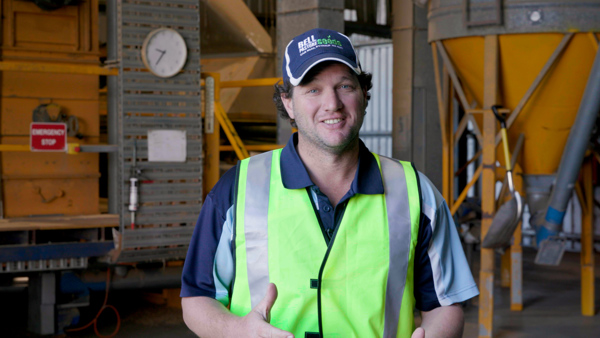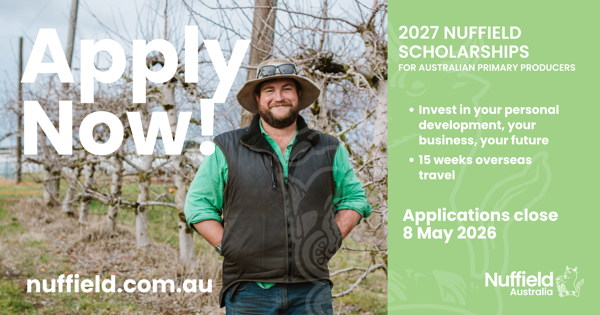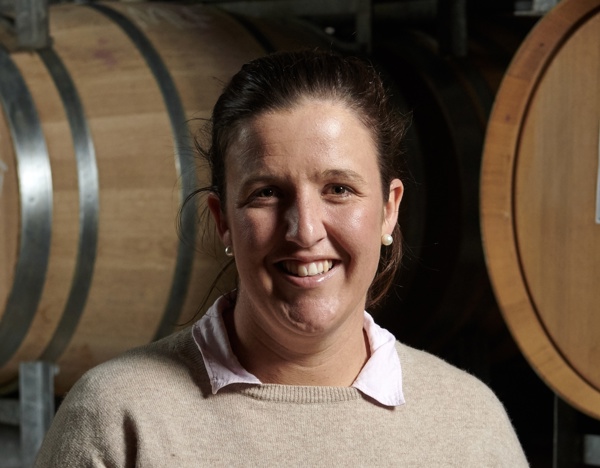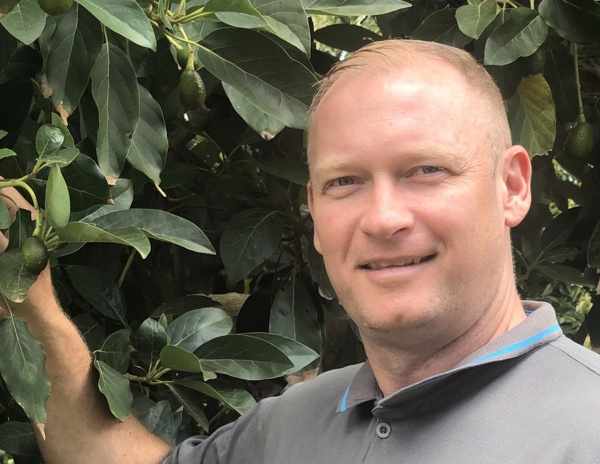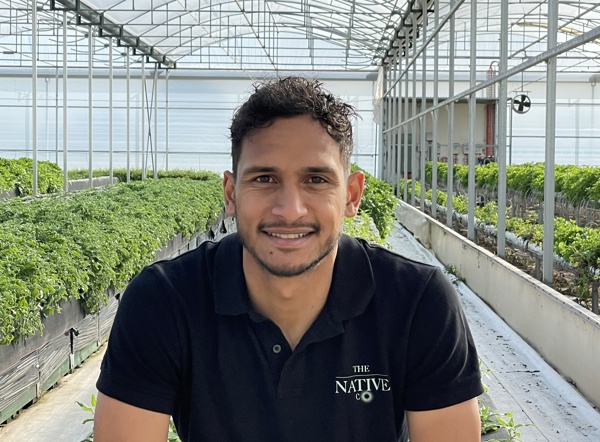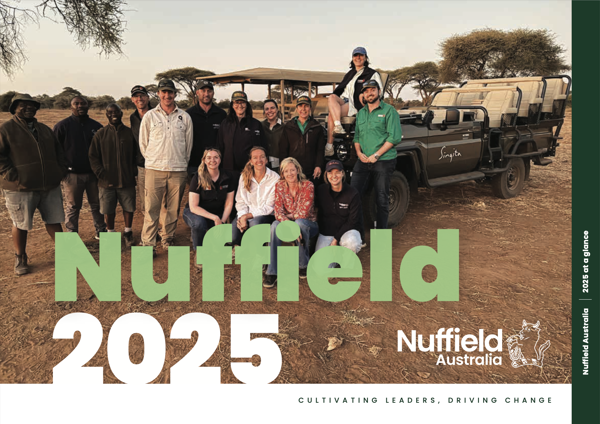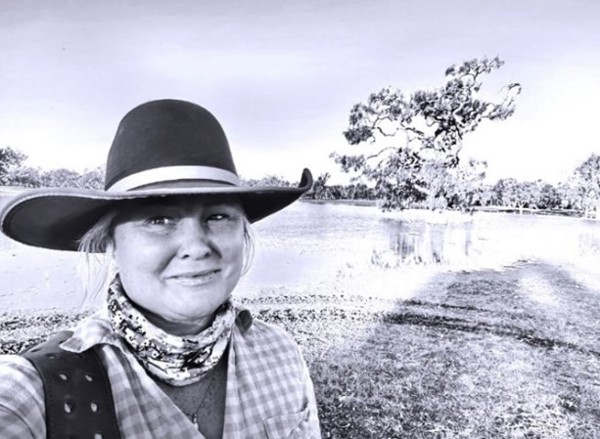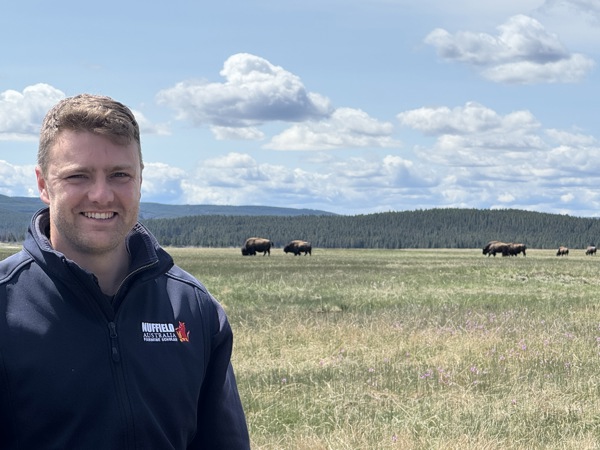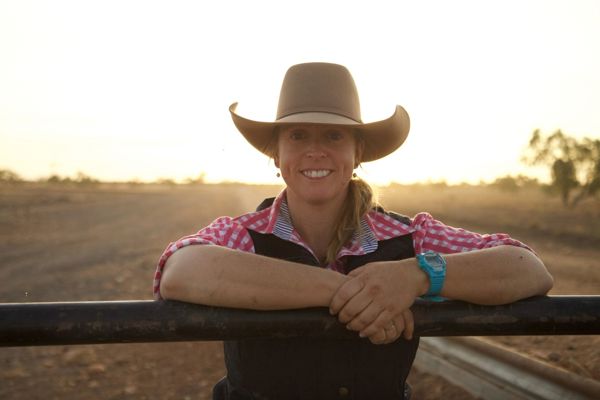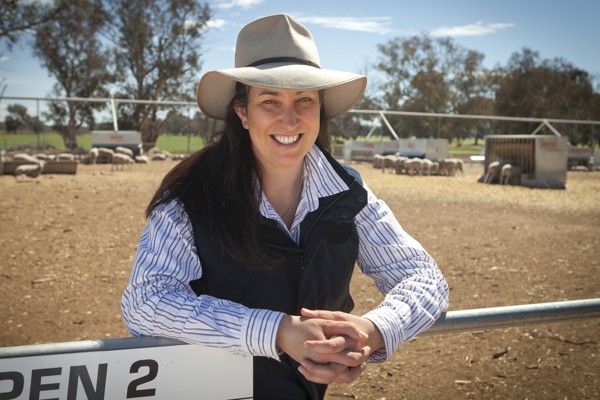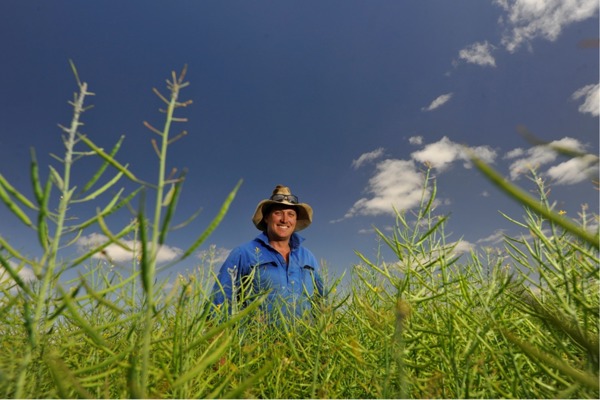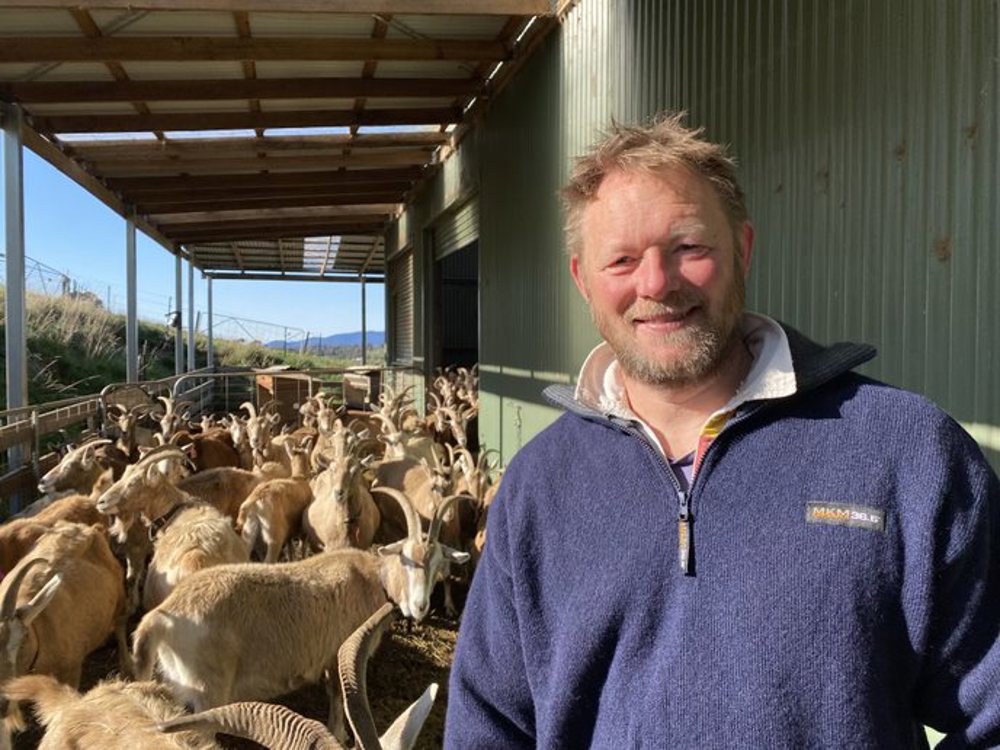
Farming with Nature: Boosting Biodiversity for Resilient Agricultural Systems
“We can’t expect to improve the land if we don’t understand what it needs. Biodiversity isn’t a luxury, it’s a sign of a functioning system, and an investment in our farms’ resilience.”
A Tasmanian farmer is encouraging producers to shift their perspective on biodiversity, not as a regulatory hurdle or public relations exercise, but as a powerful business tool for building soil health, reducing risk, and lifting productivity.
Iain Field, 2023 Nuffield Scholar, has released his report exploring how producers in Ireland, the UK, the Netherlands and France are working with nature to build more resilient, diverse, and productive farm systems. Supported by the University of Tasmania’s Tasmanian Institute of Agriculture and the JM Roberts Charitable Trust, Iain’s study highlights the economic, intellectual, and emotional barriers to biodiversity adoption, and the strategies being used to overcome them.
“Biodiversity underpins the health of our soil, pastures, and animals,” Iain says. “This isn’t about locking land away, it’s about unlocking the full potential of our farming systems.”
Throughout his travels, Iain visited leading producers who are integrating biodiversity through multispecies pastures, hedgerows, native vegetation, and rotational grazing systems. In the UK, he saw how regenerative grazing was being used to boost groundcover, improve soil biology, and support insect and bird life. In the Netherlands, he met with farmers using buffer strips and mixed cropping to protect waterways and support pollinators.
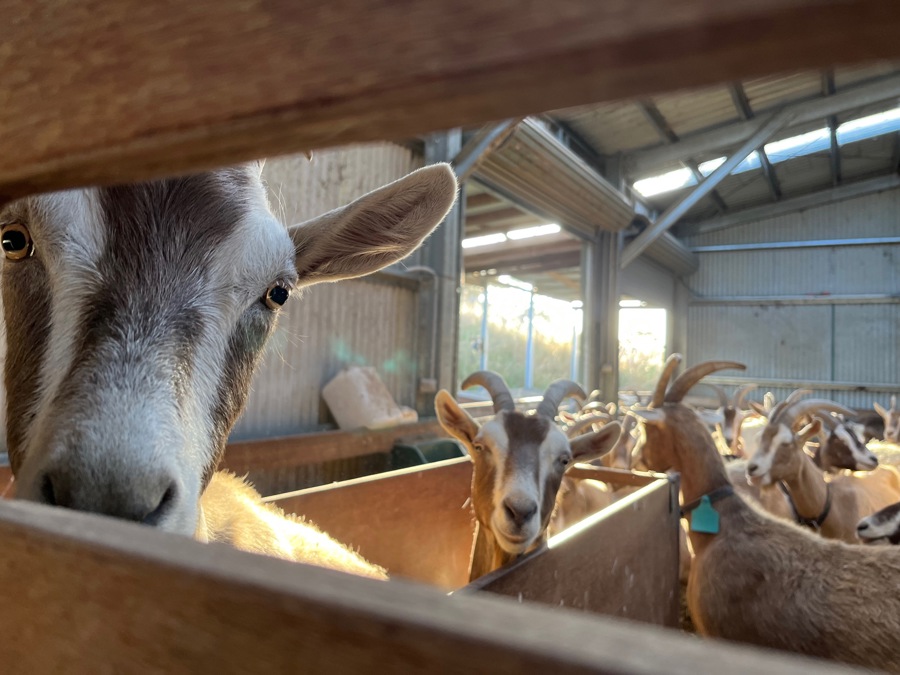
“Many of the most effective practices weren’t high-cost or high-tech,” Iain explains. “They were grounded in observation, flexibility, and a mindset of continuous improvement.”
The report also highlights the emotional drivers of change. Iain notes that for many farmers, motivation came from witnessing land degradation firsthand, or from a deep desire to leave the farm in better shape for future generations. These personal values often catalysed experimentation and knowledge-sharing across communities.
“Biodiversity isn't just a set of practices — it’s a shift in thinking. The most successful examples I saw were where farmers were learning from each other, not just following rules.”
While the economic case for biodiversity remains complex, Iain argues that valuing long-term resilience over short-term yields is key to future-proofing Australian agriculture — especially in the face of climate change and market volatility.
“Farmers are already seeing the costs of not acting — erosion, poor water retention, pest pressure. Building biodiversity into our systems is one of the most powerful tools we have to respond.”
Iain’s full report and presentation at the 2024 Nuffield National Conference in Launceston, Tasmania are available on the Nuffield Australia website.
